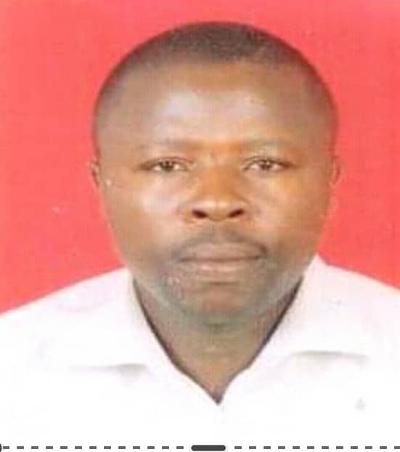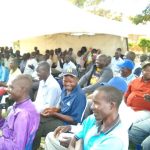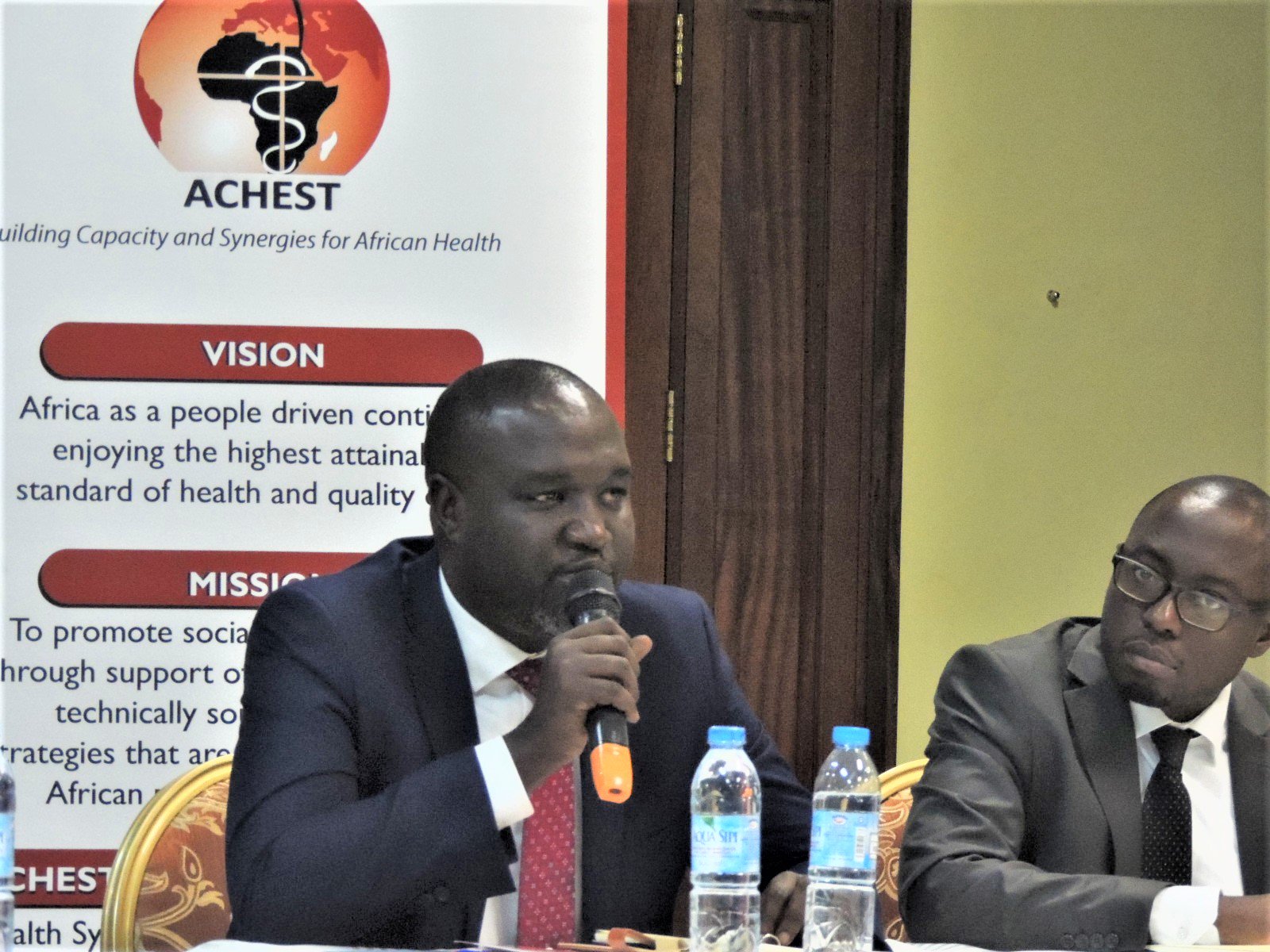Hajji Mansa Musa, a one-time chairman of Lciii Industrial Division in Mbale Municipal Council, found it quite disturbing to express himself in Arabic amidst biting hunger, yet well-loaded with cash. However, he couldn’t order chicken in an Arab shop simply because he couldn’t communicate in the Arabic language. The only option left was for him to order what he wanted through sign language, imitating how a hen walks and flies. Finally, he was understood by the Arab supermarket sellers.
Research findings indicate that over 95% of Muslims in Uganda cannot communicate in Arabic. They are only capable of speaking or responding to simple Arabic words like “Naaam,” which is the English equivalent of yes, “laa,” the English equivalent of no, and “shukran,” the English equivalent of thank you. The most common one is “Asalam alaikum,” which is the Arabic greeting or fraternal way of wishing a Muslim brother Allah’s peace.
The survey by the Good Governance Centre in Mbale revealed a lot of disparities and laxity on the part of the Muslim community concerning understanding and communicating in Arabic. Once a prospective Muslim is taught how to say “ashahadu” (submission to Allah and confessing that Prophet Muhammad is Allah’s true messenger), they disappear into other things, including business, and only surface for prayers, which are also uttered in basic Arabic and Luganda or Lugisu.
Unlike the Europeans who concentrated on the conquest of colonies and governance, Arab traders were least interested in areas of governance. Thus, they did not deepen their roots in East Africa, except in parts of West Africa and North Africa where they had a visible presence in areas of governance and education systems, including teaching the Arabic language. Even the few mixed Arabs at the coast of East Africa speak more Kiswahili than Arabic.
Beyond the strong Sunnah (beards), many Muslims have a limited understanding of the language of their religion. They care more about the sayings of Prophet Muhammad’s practices than communicating in Arabic. That’s why you will find many with trousers halfway and long beards.
Hajji Waswa Masokoyi, the Chief Administrative Officer for Rukungiri, says the Islamic University in Uganda (IUIU) has made significant efforts in trying to shape Ugandan Muslims in terms of communication—a view shared by Mahmoud Masaba, the Mayor of Industrial City Division in Mbale.
Great efforts are needed by Muslim scholars to inculcate the understanding of the Arabic language among the Muslim community of Uganda. Many of them are reluctant to go for holy tours in Saudi Arabia on account of the failure to communicate in Arabic. Yet, making a lifetime tour to the Orient, as commanded by Allah, is a trite fulfillment of a fundamental pillar of Islam.
The writer is a researcher from Mbale.




















